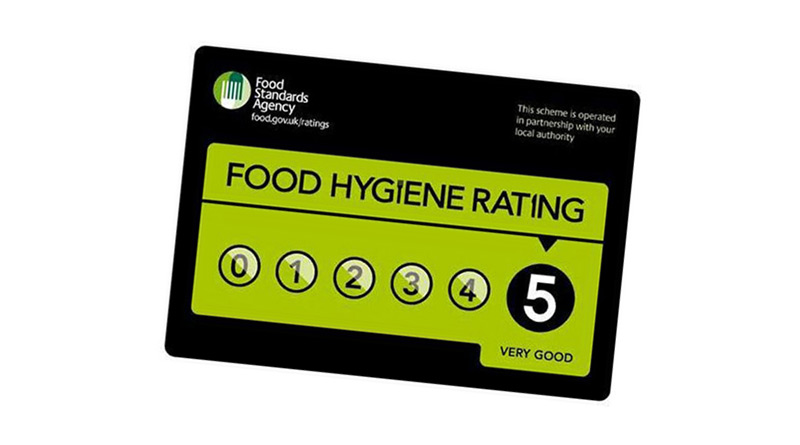Calls For The Mandatory Display Of Food Hygiene Ratings In England Headlines Food Safety Conference

Continued calls for the mandatory display of food hygiene ratings in England and the future of regulation in food standards were among the talking points at a conference attended by environmental health professionals from across the country.
The Safe Food Conference 2024 was held by the Chartered Institute of Environmental Health (CIEH) who have been calling for the introduction of legislation to mandate the display of food hygiene ratings, citing their ability to improve compliance with food hygiene laws and bring England in line with Wales and Northern Ireland.
The topic was high on the agenda during a number of the sessions over the two-day event, which included a presentation by the Interim Chief Executive of the Food Standards Agency (FSA), Katie Pettifer.
Ms Pettifer reflected on the rapidly changing food landscape with the growth of online delivery platforms, new and diverse food businesses and how regulation needs to adapt to best meet the challenges this is creating.
She also spoke about the opportunities data offers in the future of food standards and reflected on a “controversial” recent trial of a new regulatory model for compliant large retail businesses, mainly supermarkets, which focused on exploring how national scrutiny of data can enhance the current system.
Talking about mandatory display of food hygiene ratings, she said there was a “powerful case” for its introduction, even more so now with the rise of online delivery platforms.
Another topic high on the agenda during the conference was food safety and allergens, with Jim Cathcart, Policy Director at UKHospitality, presenting about the issue from a hospitality perspective saying allergens was a “priority” area for them and their members.
Dr Belinda Stuart-Moonlight, from the scientific and legal consultancy Moonlight Environmental, also spoke at the conference about the tragic case of 13 year-old Hannah Jacobs who died after an allergic reaction after drinking a Costa hot chocolate.
Dr Stuart-Moonlight explored the critical key points from the teenager’s inquest and how the industry can ensure the prevention of future deaths.
The future of food production labelling was also tackled during the conference by Melissa Haskell, Partner in the Regulatory & Licensing team at Knights, who spoke about the desire for more sophisticated and transparent food labelling as consumers become more concerned about what is in their food and where it comes from.
Other sessions included talks on the Sevington Inland Border Facility, obesity, food fraud and a case study of a bakery that was closed down by the Environmental Health team at Knowsley Metropolitan Borough Council after finding multiple hygiene breaches, including evidence of rat infestation.
Carol Archibald, Chartered Environmental Health Practitioner at Colchester City Council who helped chair the event and spoke about the journey of the Food Hygiene Rating Scheme (FHRS), said: “This was such an illuminating and varied conference and during the two days we covered so many topics that are impacting on the work of environmental health professionals in the area of food safety.”
“I’m sure all who attended found it thoroughly informative and engaging and took away some vital learnings to take back into their crucial every day work keeping the public healthy and safe.”
